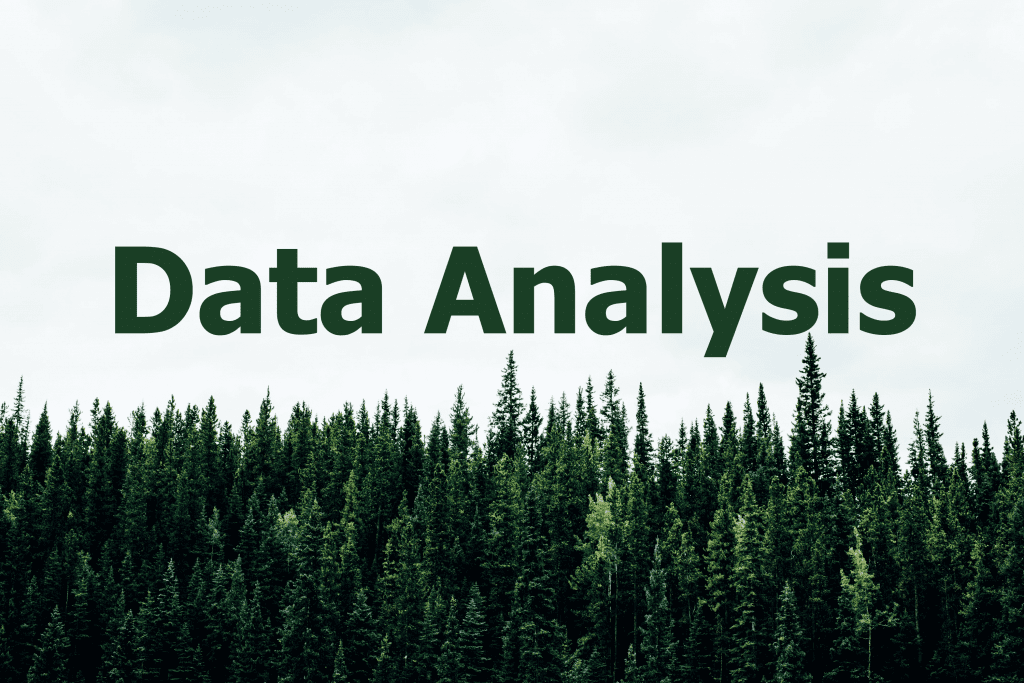
You have made the commitment to going carbon neutral, you’ve done your scope 1, 2 and 3, and you have worked out your exclusions, any assumptions and gap analysis.
It is going great so far, but here comes the challenge… The data analysis.
In this post, our next in the series of going carbon neutral, we will look at what is often the largest segment, your data analysis. Organisations can have vast amounts of data available, which will need to be processed to work out your carbon emissions.
Effectively you are looking to convert all your activities into the equivalent kilograms of carbon dioxide produced (kg CO2e) per unit of work.
It is best to look at this in three sections:
Methodology
Data Collection
Calculation
For simplicity we will only focus on one aspect in this post. The fuel used by company owned passenger vehicles.
Methodology
You need to agree on and disclose the methodology used in your analysis and calculations. There are several widely recognised methodology standards available as set out in the Government guidelines. We use the GHG Reporting Protocol – Corporate Standard.
Data collection
To begin any analysis, you first need to collect the data. For fuel use in company owned passenger vehicles this can be done in 2 ways:
Litres of fuel used (most accurate if available)
Emissions from mileage (generated through mileage claims)
Calculation
Once you have the required data you will need to calculate the equivalent amount of CO2 (kg CO2e). This can be done using the government published conversion factors, for example a medium diesel engine car will produce 0.26775 kg CO2e per mile.
With this conversion factor you can work out the total CO2 emissions for the distance travelled in the reporting period
Total kg CO2e = Activity (miles) x Conversion factor (0.26775 for medium diesel)
As we mentioned above this is a simplified example of the data analysis required. There are many more factors to be included when relating this to your organisation. Primarily you will need to analyse and calculate the data for all your sources highlighted during scoping.
We are always available to help however, book in for a discussion about your data analysis efforts with lead assessor Peter Provins.
Email: peter.provins@enistic.com or phone: 01865 598 776



